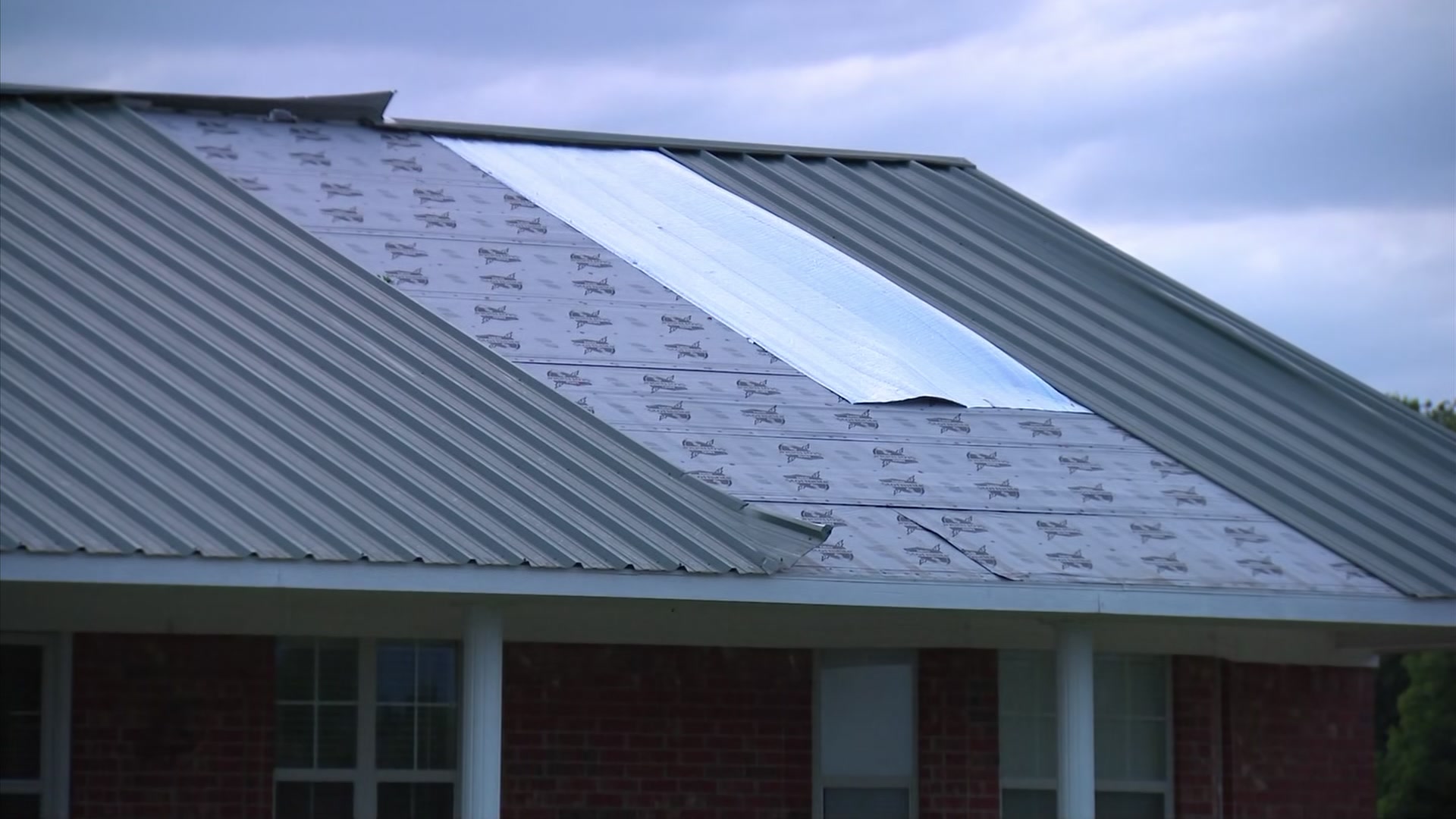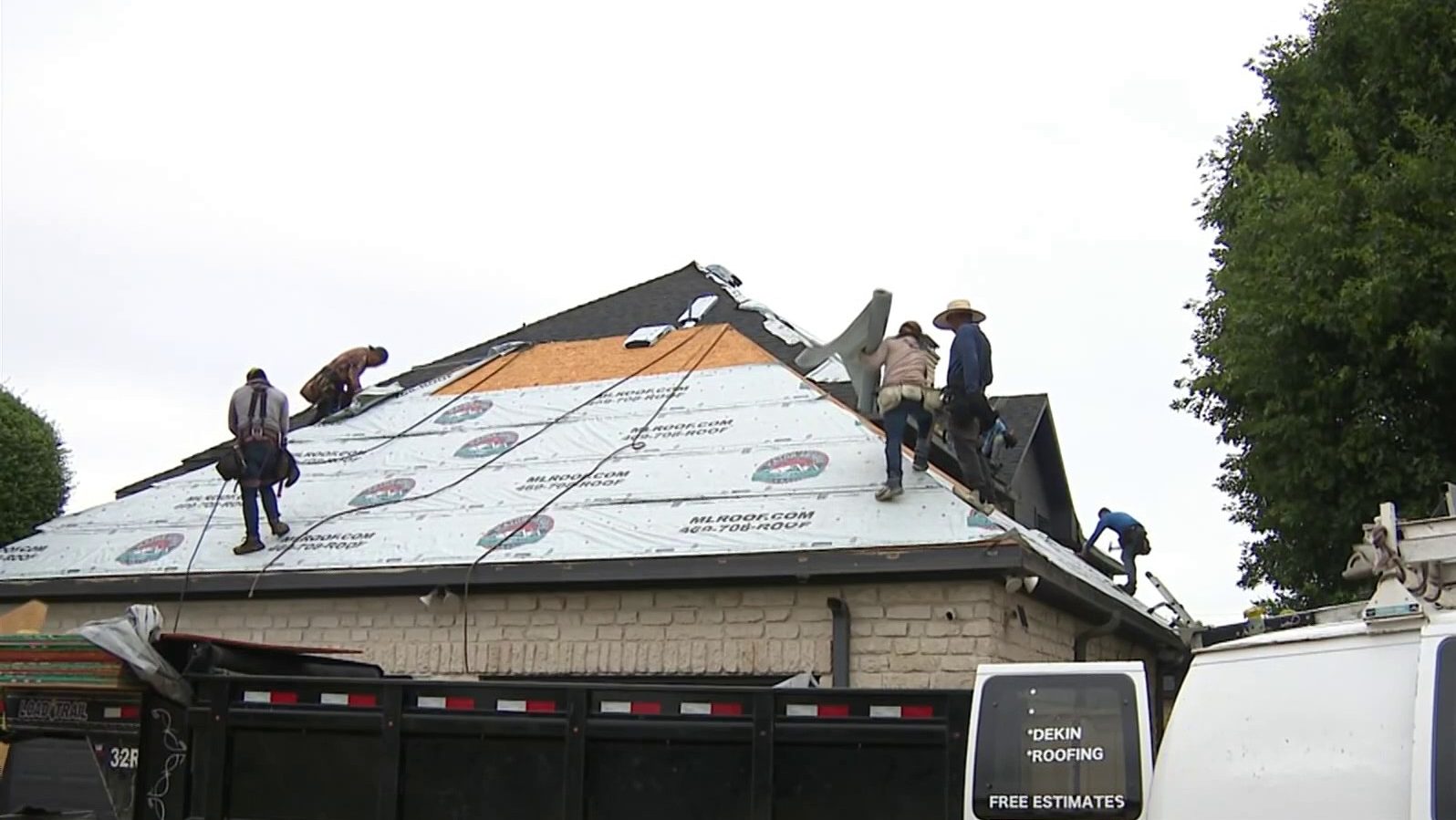On Wednesday afternoon, Dallas Police Chief David Brown Wednesday afternoon held an important meeting at DPD headquarters with State Department of Public Safety Commanders to hash out a plan that could temporarily send scores of troopers to help patrol the most dangerous Dallas streets.
Dallas Mayor Mike Rawlings says the Governor Greg Abbott knows about the surge in murder and violent crimes this month and wanted to step in to help.
"The governor and I have been talking about a lot of things. He saw this and stepped in on his own," Mike Rawlings said Wednesday morning.
There was a lot of confusion and frustration among Dallas police officers on Wednesday with the plan to bring in state troopers to help police Dallas streets.
"They’re here to patrol. Are they here to arrest? Are they here just to be visible? We don’t know these things, we weren’t privy to that," said Michael Walton, with the Dallas Fraternal Order of Police.
"I don’t understand the resources that will be deployed here, how they'll be part of the city of Dallas. I don’t understand," he added.
Abbott said it's a smart use of state resources.
Local
The latest news from around North Texas.
"If we see sudden spikes like that I think the role for the state of Texas is to step in and help our local communities with challenges," said Abbott. "If there are law enforcement challenges in the state of Texas where Texas law enforcement can play a role to better assist people in local communities, we will provide resources.”
The Dallas Police Department did not reveal details about this evolving proposal, but it's clear the details still need to be worked out before they're made public.
Brown himself tweeted out a photo at the start of the afternoon planning meeting between his commanders and DPS leaders.
"I wanted to make sure that we were not stepping onto the turf of the Dallas Police Department, that we were very respectful of their jurisdiction, and so I wanted to do this on a volunteer basis, on an assisted basis and they accepted our offer,” said Abbott.
Rawlings noted that with nearly 20 murders, it’s been a particularly violent month in Dallas.
"Any [state] help will help alleviate that," the mayor said. "But it’s gotta be done the right way. We can’t do this willy-nilly, and I’ve asked [Chief Brown] to put a plan together to make sure we get those resources."
On Monday, Brown announced a new plan to move more than 600 officers to overnight and weekend shifts.
There was an immediate and strong backlash from the four major Dallas police associations that represent thousands of rank-and-file officers.
Association leaders argued that detectives would be pulled off important cases and be forced to stop their investigations in order to help patrol new neighborhoods. Task forces and specialty assignments would lose manpower, and the move could actually make Dallas a more dangerous city.
"It's robbing Peter to pay Paul," said Thomas Glover, the head of the Black Police Association of Greater Dallas, which officially "pulled its support" for Brown this week.
"When you call and ask for your detective, and he’s gone for two weeks, she’s gone for two weeks, or they are out some other assignment, that does not serve the citizens nor the police officers," Walton said.
Within 24 hours, Brown largely backed off the plan to move so many officers by mid-April, although shift changes still are on the table for some units.
The police association leaders say the story reveals a larger problem within the department.
"No other chief is having to call for a bailout to stop the epidemic of crime in their city, from the feds, from the state or from the county," said Dallas Police Association President Ron Pinkston. "It highlights the issue of management in the Dallas Police Department."
"We’re broken, we’re severely broken as a police department. We need to be put back together," added Walton.
The police department isn’t saying when these new state resources will be brought in and how they will be deployed, to the chagrin of patrol officers.
"It was a very odd thing to hear. I’ve been here 26 years and I’ve never heard of state troopers patrolling our beats that the men and women of the Dallas Police Department do," he added.
Brown noted that while violent crime is up by 30 percent, and with 44 murders so far this year, the homicide rate is up a staggering 86 percent, the statistics come off the heels of an all-time record crime low in 2015.
Brown told city council members on Monday that since the creation earlier this month of a specialized Violent Crime Task Force to saturate high-crime, high-drug neighborhoods, violent crime overall has dropped 8 percent in a matter of weeks.



